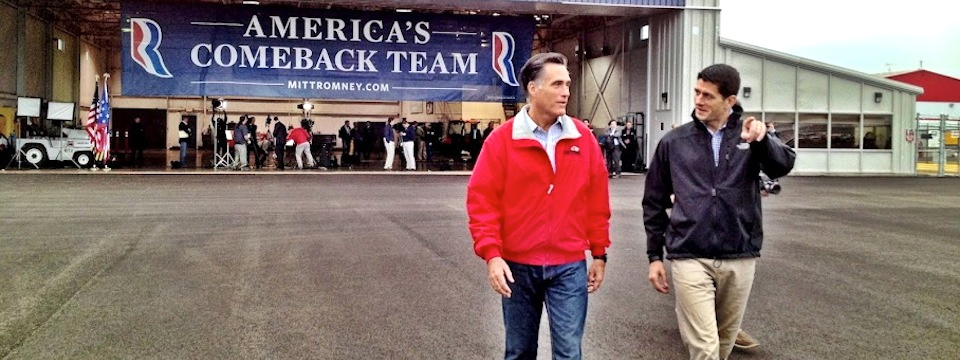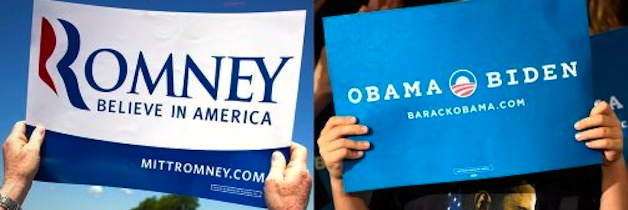Recently, Pope Francis made news with a foray into economics in which he seems to advocate “legitimate redistribution” of wealth by government.
John Hayward (a.k.a, Doc 0) wrote a great piece on it here.
It amazes me that the Catholic Church continues to place so much confidence in government. You’d think after King Henry II v. Becket, King Henry VIII’s Church of England, the whole 20th Century, or Barack Obama v. religious freedom in America, that the Church would develop some skepticism.
Unlike Jesus, government cannot feed the multitude with two fishes. It would first have to confiscate fish from those who bothered to catch them. Who then would bother to catch more fish than he needs? After a while, there would be no extra fish to redistribute. This is the lesson of history.
History has shown that benevolent government is an oxymoron.
Government is opportunistic, by nature. It will do what it can, not necessarily what anyone thinks it should. Its best intentions and plans go always astray. And interestingly, except perhaps for the Pope, one never sees the powerful disabusing themselves of their own wealth.
Governments, as we know, have no spirit. They are not capable of having what the Pope calls – “an unfailing commitment to solidarity accompanied by a generous and disinterested spirit of gratuitousness at every level.”
Therefore, the Pope’s condition for the “legitimate redistribution of economic benefits” by government can never be met.
America’s founding fathers knew this and did their best to protect their brethren from these vagaries of government. They restricted the central government to matters of security, and left matters of life and happiness to the liberty of people and their locally-elected leaders.
Even in the Pope’s example of Zacchaeus, liberty is the key.
It is liberty, otherwise known as free will, or freedom – that inspired Zacchaeus to charity. Jesus did not take Zacchaeus’ wealth from him. Jesus did not tell Zacchaeus to whom he must give wealth. Zacchaeus saw Jesus and decided himself what to do.
Not even Jesus would choose to split wealth “fairly” between any given people. And except on the margins, redistribution by government is not a practical socio-economic strategy.
Instead, societies must build support for their free-market economies.
In America, “rich people” already redistribute their wealth naturally by putting it to work. They spend it to build things. They invest it in other businesses. They use it to employ people. Like Zacchaeus, they donate it to charity.
The Invisible Hand of the free-market is the only form of distribution that works. This doesn’t guarantee outcomes for everyone; but it enables the most people to create the most value, for the greatest benefit of the most other people, through their own voluntary economic activity.
History can’t stop people from hoping or government from trying; but sorry, Pope Francis, the Church would be better served by encouraging reverence and personal charity.
Once again, America’s founders had it right – life and the pursuit of happiness require social and economic freedom, otherwise known as liberty.







Excellent read so true too many relying on the government all the time. Especially here in Australia.